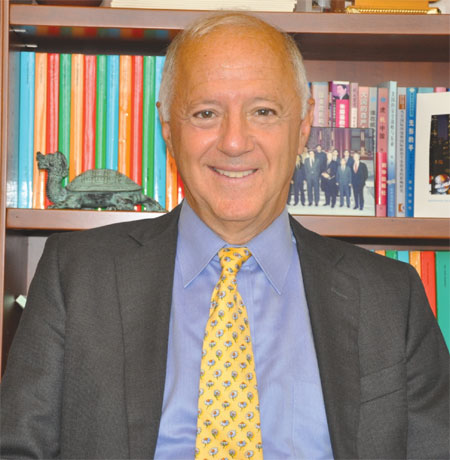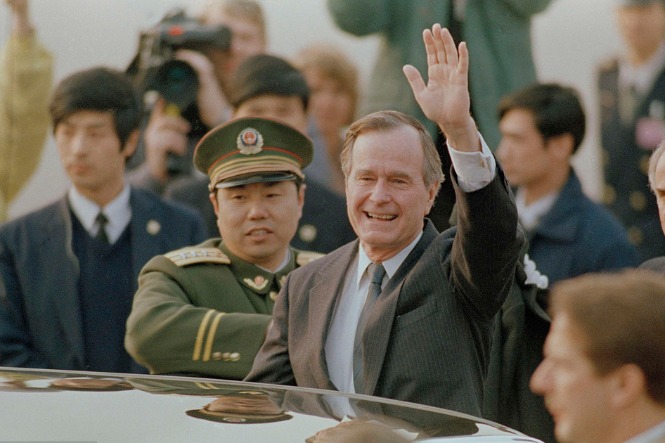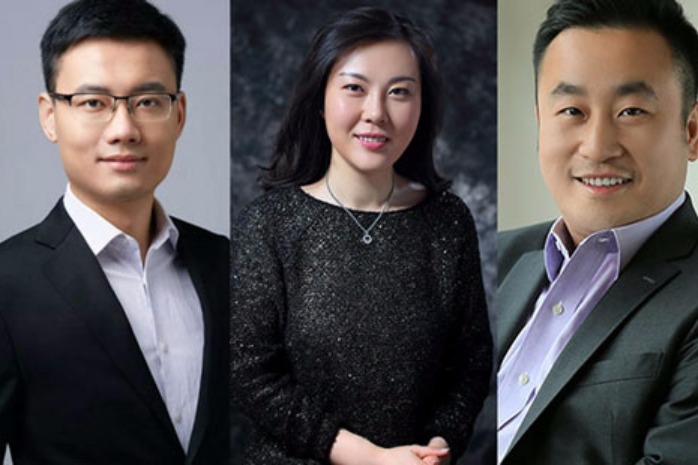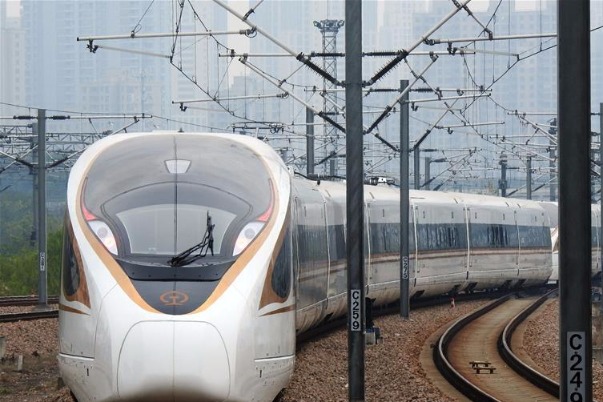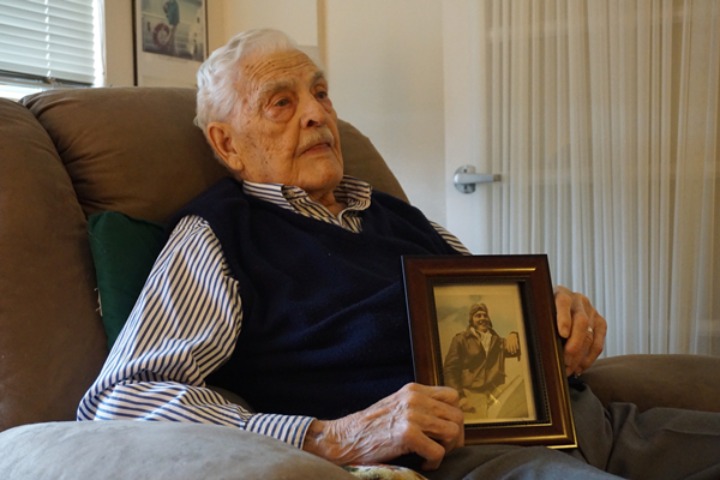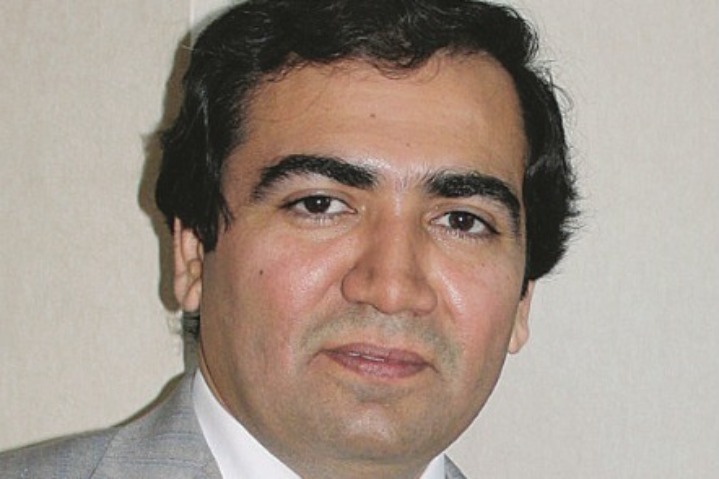Stephen Orlins: A life defined, enriched by China
|
Stephen A Orlins is president of the National Committee on US-China Relations in New York. Zhang Yuwei / China Daily |
"It was my dream at the very beginning to make a contribution to society and to the people, and to the (US-China) relationship," said Orlins, who has been president of the committee since 2005.
Throughout the year, Orlins helps put together a number of programs that promote a "constructive relationship" between the world's two largest economies, work that he calls "very rewarding".
His route to China started when Orlins signed up for Mandarin in 1970 at Harvard College. He never imaged that decision would impact the rest of his life and lead him to becoming one of the most reputable China hands in the US today.
Recalling his motivation to study Chinese back then, Orlins said it was mostly a "result of America's interest in Asia, which was mostly a product of the war in Vietnam".
"We needed Americans who would be able to understand Asia by understanding China and Chinese," he added.
Most of Orlins' career has had something to do with China. In the '70s, after receiving his law degree at Harvard, Orlins served on the legal team at the US Department of State that helped establish diplomatic relations with China.From the mid '80s to the early '90s, he served as a managing director at Lehman Brothers in Hong Kong.
In 1979, Orlins moved to China and worked for the Beijing municipal government to teach contract law - a year after China started its economic reforms - where he interacted with mid-level government officials, some of whom he is still friends with today.
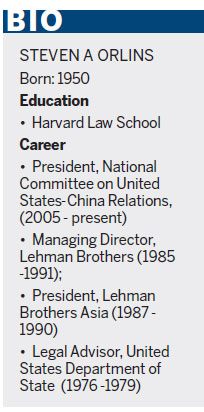
Orlins was the Democrat nominee for the US Congress from New York's Third Congressional District in 1992, losing by "very little", he recalled, several thousand out of some 300,000 votes. After that he went into private equity and worked on deals throughout Asia.
"As I look back on my entire career, they were some of the most interesting, exciting and important things that I've ever done," said Orlins, who likes to compare what he saw when he first visited China in the past decades to what he sees today.
Every time he passes through Shenzhen, bordering Hong Kong to the south, Orlins thinks of his first visit there in the early '80s when local officials showed him the rice paddies in the city, which they planned to develop into a "special economic zone".
"I just thought, 'it's not possible'," recalled Orlins, "but here today Shenzhen is now a first-world city."
"The change has been enormous," he said. "I could have never imagined this development."
The China expert follows China events closely wherever he is. Some must-watch events for Orlins include the two sessions - the annual sessions of the National People's Congress, China's top legislative body, and its advisory body, the Chinese People's Political Consultative Conference.
"What they are talking about in all these different issues will determine the future of China and the future of US-China relations," he noted.
Orlins' commitment to fostering a constructive relationship between the US and China has a deep personal connection - his adopted Chinese daughter, now 26 years old, who lives in Beijing.
"If I had not studied Chinese, I can't think of what the other path I would have been on is," said Orlins. "It's defined where I lived, it's defined my views of the world, and it's defined who my friends are."
Orlins has also witnessed transformations in the lives of his Chinese friends. "They've done it through hard work, through fine education and through a vision of what China will become," he said.
Orlins' work at the 47-year-old NCUSCR includes creating programs that bring together experts from both countries to interact and educate Americans and Chinese about each other's countries. He recently accompanied a delegation of five US Congressmen to China after the Two Sessions. The purpose, as he puts it, was to provide an opportunity for the US politicians to understand China and interact with Chinese officials.
"China affects the lives of every single American because of trade issues and the fact that China's role in the world is so much more important than it was then," he said.
Despite occasional short-term conflicts between the two largest economies, Orlins said the increasing bilateral investment and people-to-people exchanges will help enhance understanding and reduce mistrust.
"In the long term, people are driven by feeding their families, educating their children, providing a better place for their children," said Orlins. "I believe that the economic relationship is the defining part of the US-China relationship."
His observations of the major events in China make him optimistic about the Chinese leadership led by President Xi Jinping and the reform agenda set out in the past two sessions.
"If the reforms that have been talked about at the two sessions and the Five-Year-Plan are implemented over the next five years, the economic relationship is going to become closer and stronger and it's going to pull the two countries together," he said.
The question of "what's next" for China concerns many China watchers, as slower growth - around 7.5 percent - is predicted for the world's No 2 economy.
Orlins said the Chinese government has made "strong" decisions on economic policies and the new leadership is "quite clear on what needs to be done".And financial reforms such as liberalization of banking, he noted, is an important part of economic reform in China.
"It's not easy to do. The question really is: how you sequence it," he said.
yuweizhang@chinadailyusa.com
(China Daily USA 03/28/2014 page10)







